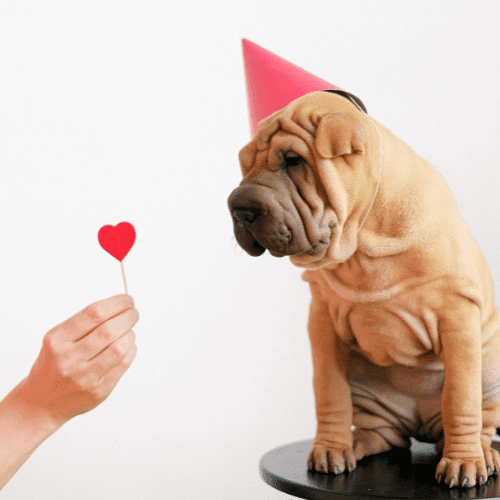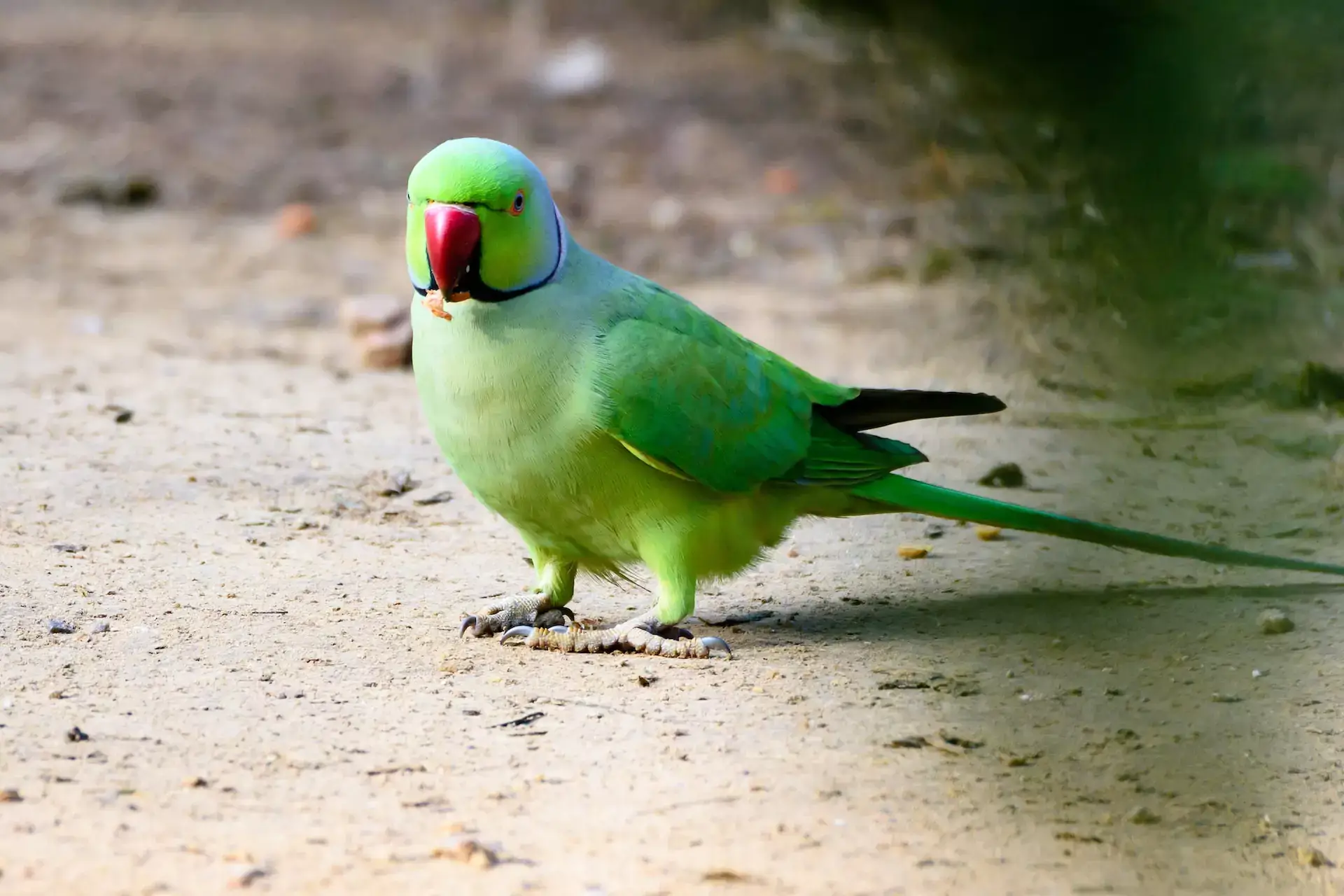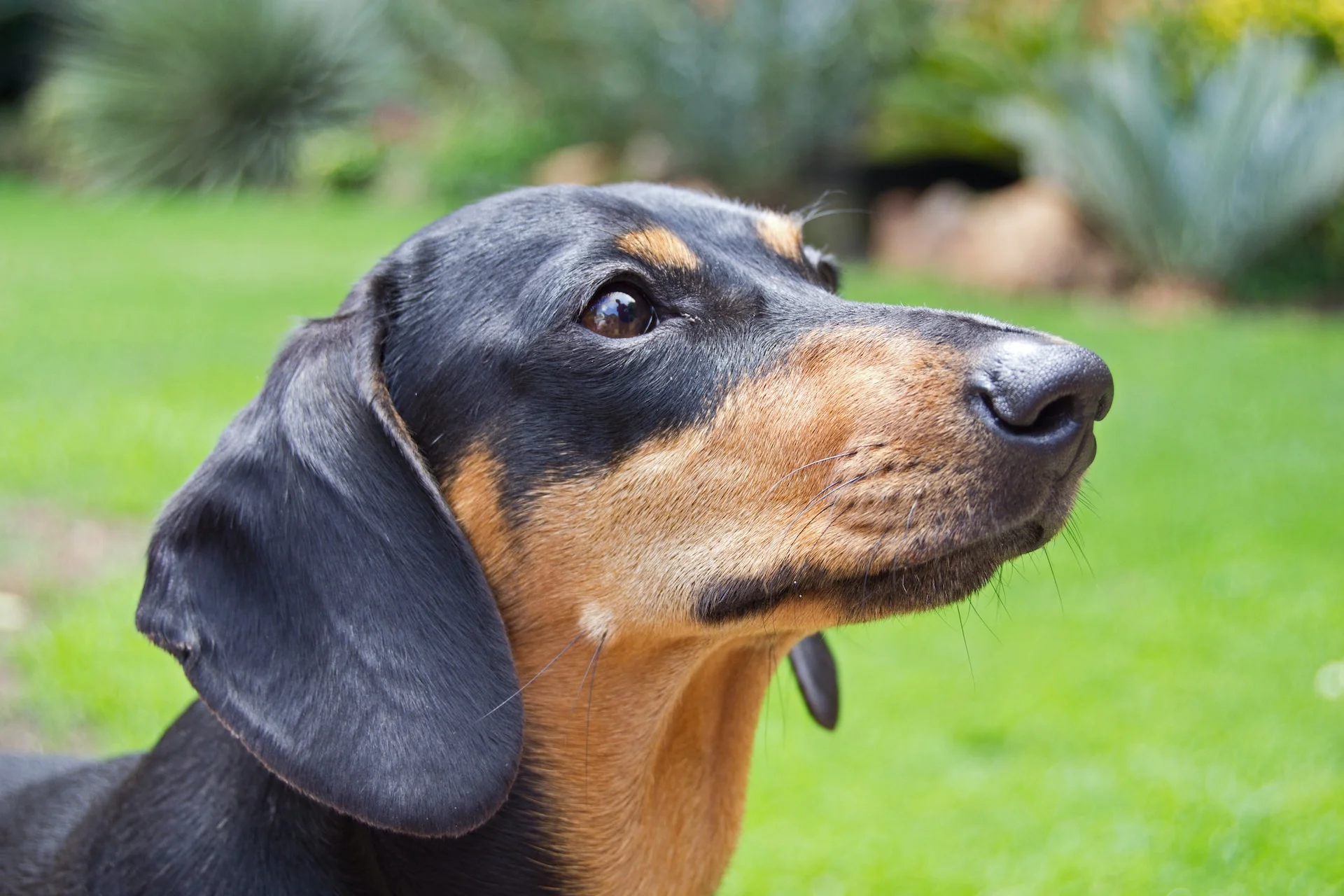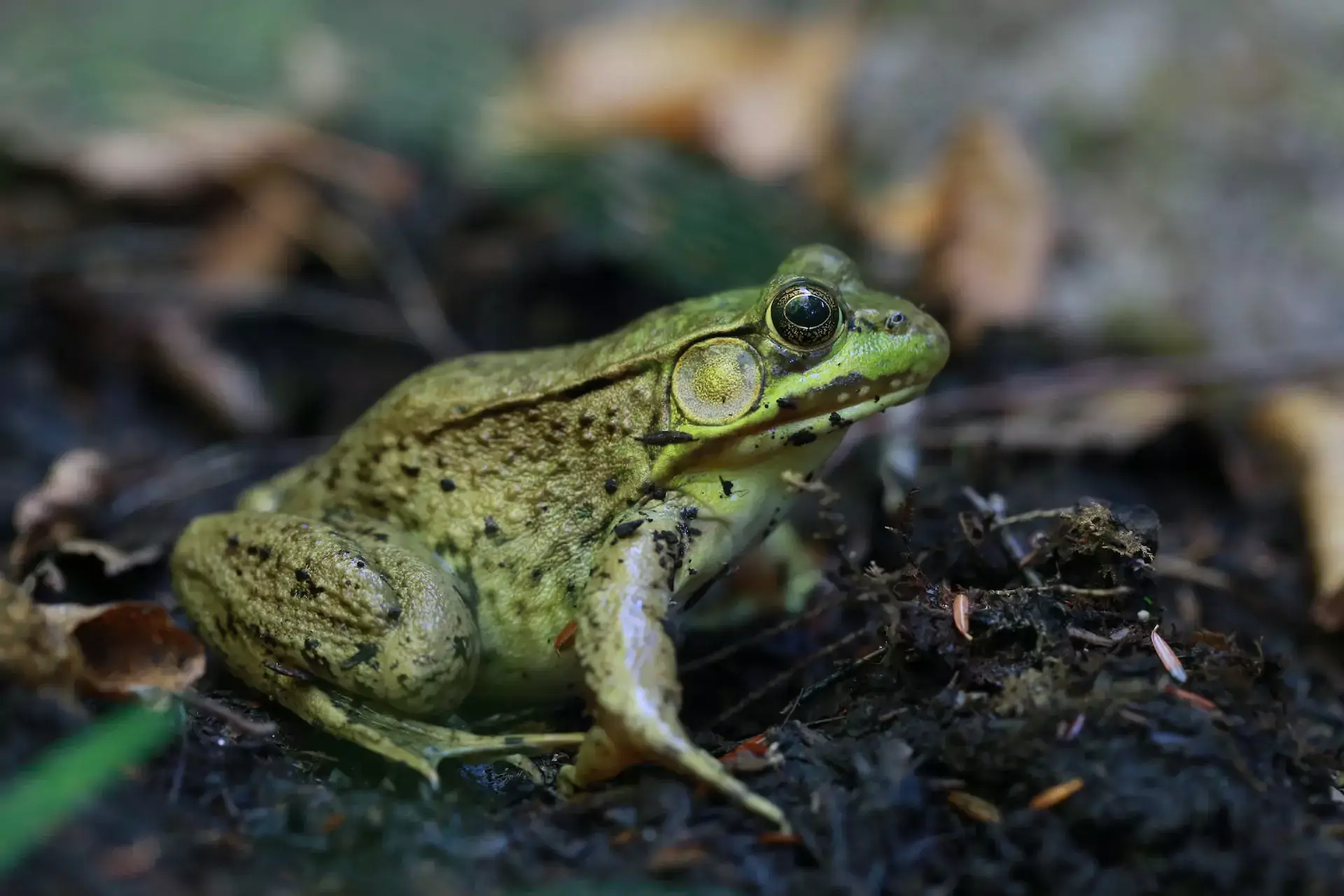Keeping Chickens Cool
Temperatures are definitely soaring this summer, with many places dealing with record-breaking heat. If you have chickens, you’ll need to pay a bit of extra attention to your flock, to help them get through the next few months. Read on as a local Middletown, DE vet offers some advice on helping your chickens stay cool.
Water
First and foremost, make sure that your flock always has access to fresh water. You may want to set out a few extra waterers. Putting ice cubes in the water can help keep it cool.
Frozen Treats
Want to really spoil your flock? Offer them some frozen chopped veggies. This is a great summer snack! Plus, birds can bring their body temperatures down by holding cold food in their crops. You may also find that keeping their feed in the fridge or freezer is helpful.
Kiddie Pool
Splashing around or wading in a shallow kiddie pool can be a great way for chickens to cool off. However, as you may have noticed, chickens can be a bit wary of new things. You’ll need to give them time to get used to their pool. Be sure to change the water out daily. You don’t want to waste water, or get your birds soaked, so don’t fill it very deep.
Ventilation
Chicken coops can get pretty hot in summer. Make sure you have ample ventilation. You may want to get a solar powered fan for the coop.
Shade
Making sure that your feathered buddies have ample shade is also important. If you don’t have a lot of trees, consider getting a shade canopy.
Warning Signs
It’s important to know when to switch into chicken-cooling mode. Any time temperatures go above 85F, you’ll need to take some precautions. Be extra vigilant during heat waves, or whenever temps go above 90F. You’ll also need to watch for signs that your chickens are getting too hot. Some of the things to look for include panting, holding the wings away from the body, paling or discoloration of combs and wattles, lack of appetite, decreased egg production, and lethargy. If you see any of these red flags, take steps to cool your birds down and contact your vet for further instructions.
Please do not hesitate to reach out if ever we can be of assistance. As your local Middletown, DE veterinary clinic, we are always here to help!





